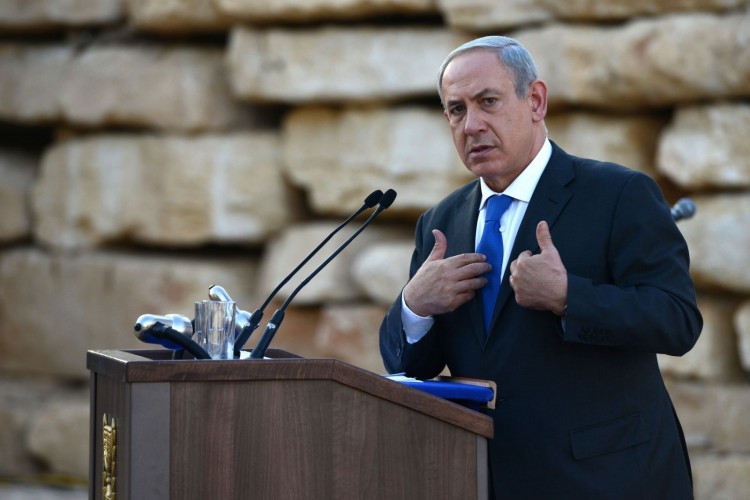Alwaght-Israeli regime's premier Benjamin Netanyahu says Tel Aviv is developing new alliances with different countries to counter Iran.
In a recent interview with American CBS TV he acknowledged the Israeli-Saudi alliance against the Islamic Republic of Iran is already in place.
This is not the first time that Netanyahu and other Israeli regime officials publicly declare that there exists close ties between Riyadh and Tel Aviv.
Now the question that arises is this, who benefits from such an alliance and can this alliance reduce Iran's influence among Islamic nations?
What has led to Iran's power and influence across the region? Furthermore, does the said alliance have more advanced military hardware than Iran? Pundits are also pondering on the reason behind public acknowledgement of ties between the Israeli and Saudi regime and other Arab countries.
Israeli Regime Desperately Needs Legitimacy
The Israeli regime desperately needs some sort of international legitimacy especially among Arab countries. On the other hand, the Saudi regime which is facing sharp criticism over its negative role in regional crises is now turning to the Zionist lobby in Western countries for assistance.
Therefore there is a possibility that the Israeli regime is pressurizing the Saudi regime to disentangle itself from security challenges. By making public the hitherto secret Riyadh-Tel Aviv ties, Netanyahu hopes to gain some legitimacy and thus he is in a win-win situation as far as this issue is concerned.
It is quite clear that Iran's unflinching support for oppressed masses has led to its enormous influence.
Therefore, the more Israeli-Saudi ties become closer, the more Iran's influence will spread among masses in the region. On the other hand, Israeli and especially Saudi influence in the region will continue to diminish while the alliance against Iran, which Netanyahu has acknowledged exists, will create further rifts between Arab leaders and their masses.
Arab Regimes to Face Backlash from Masses
The Arab-Hebrew alliance might in the short-term be able to attract some weak governments in anti-resistance schemes and even create some problems for Iran but definitely in the long-term they will be losers since they will be devoid of national legitimacy resulting in major challenges for their regimes.
Therefore, confronting Iran through an alliance with Israeli regime will eventually result in Arab regimes involved facing backlash from the masses and place them in peril.
Palestinians will also be a major casualty of this Arab-Israeli alliance which aims to confine the Palestinian issue to the oblivion.
However, the Palestinian resistance movement and the regional axis of resistance will not allow the Palestinian issue to be forgotten and will always raise it globally.



























